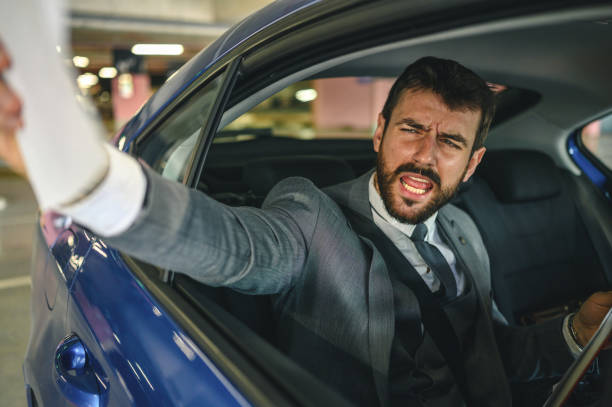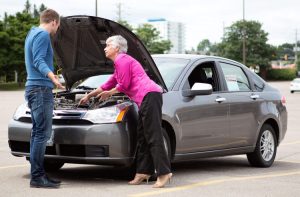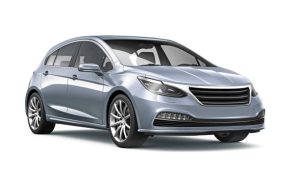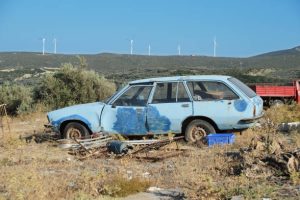
Auto merchants fear Tesla. Auto merchants in the USA have been working hard to keep Tesla and its model of steer deals out. This week, New Jersey banned Tesla Stores in the state.
The apprehension is challenging to comprehend. For example, in New Jersey, Tesla’s $70,000 Model S is reportedly being offered by hundreds of people. If you dig a bit deeper, however, it becomes clear why retailers worry. The merchants are not just afraid of Tesla’s cars. They are so scared of Tesla’s plan for a world where you will never have to take your vehicle to the shop again.
Downloads are the primary and most noticeable way Tesla kills the money cow of merchant administration offices. Tesla’s sales pitch includes the idea that its Model S car is “an application on wheels.” This may sound like Silicon Valley marketing copy, but the company isn’t just being figurative. Teslas are powered by programming. The web-connected autos will self-diagnose any problems. Like an iPhone, the vehicles can also download new features or programming fixes. When fixes are done over the Internet, no shop is required.
When there is no oil to change, it’s difficult to charge for the oil change.
Fixing an automobile through programming is essential when it has so many new features that a universal mechanic doesn’t even know where to start. On the other hand, without a burning inside the motor, there is less to settle. I have written that without the external shell before, a Tesla resembles a mobile phone on wheels. It’s a big battery. That means no sparkle plugs, air channels, fuel pumps, or timing sashes. Teslas are missing the components that would make you want to bring your car in for “consistently scheduled maintenance” — something that could cost a lot at the dealer. It’s difficult to charge for an “oil change” when no oil can be replaced.
Tesla only finishes for a while with purchasing your car. The organization recommends an examination once every year or after 12,500 miles. The organization’s management arrangements start at $600 per year*, or less if you buy multiple years. These arrangements include exchanging standard parts such as brake cushions and wipers. The organization will remotely monitor your car and notify you of such problems as defective batteries. There are risks in a plan of action that only the company that made your car can fix. Tesla may alleviate this worry with its equal rate plans instead of a hefty cost for administration gouging each repair. The organization also says that your warranty is still valid regardless of whether you have overhauled your car.
These all sound like outstanding guarantees. Tesla may need help to deliver on these promises. Consumer Reports’ decision to name the Model S as the best general car in the country is a good thing for the industry.
Tesla’s way of making these promises must be repulsive to merchants. Auto buyers may ask retailers why they do not change their ways once shown that most of the costly cerebral pains associated with owning a car aren’t necessary. Answer: These cerebral pains keep us returning to the store and spending more money.
Elon Musk, the CEO and founder of Tesla, was asked by a shareholder at the company’s most recent annual gathering if the tests that car dealers submit to the company harm its business perspective. Musk argued that consumers’ desire for a better way to purchase and own automobiles might win out. He claimed that the established auto-offering model in the U.S., which is dominant, would only work with Tesla if there were other reasons. Musk stated that “our theory on administration is to not make a profit from administration.” “I find it unpleasant to gain from administration.”
Tesla’s stock price has risen by 650 percent in the last year, thanks to the shareholders who voted for it. Tesla makes only luxury cars, and the way it manages it may seem like an extravagance. If it starts making cars that ordinary people can afford, the praise for auto dealers could be huge.





